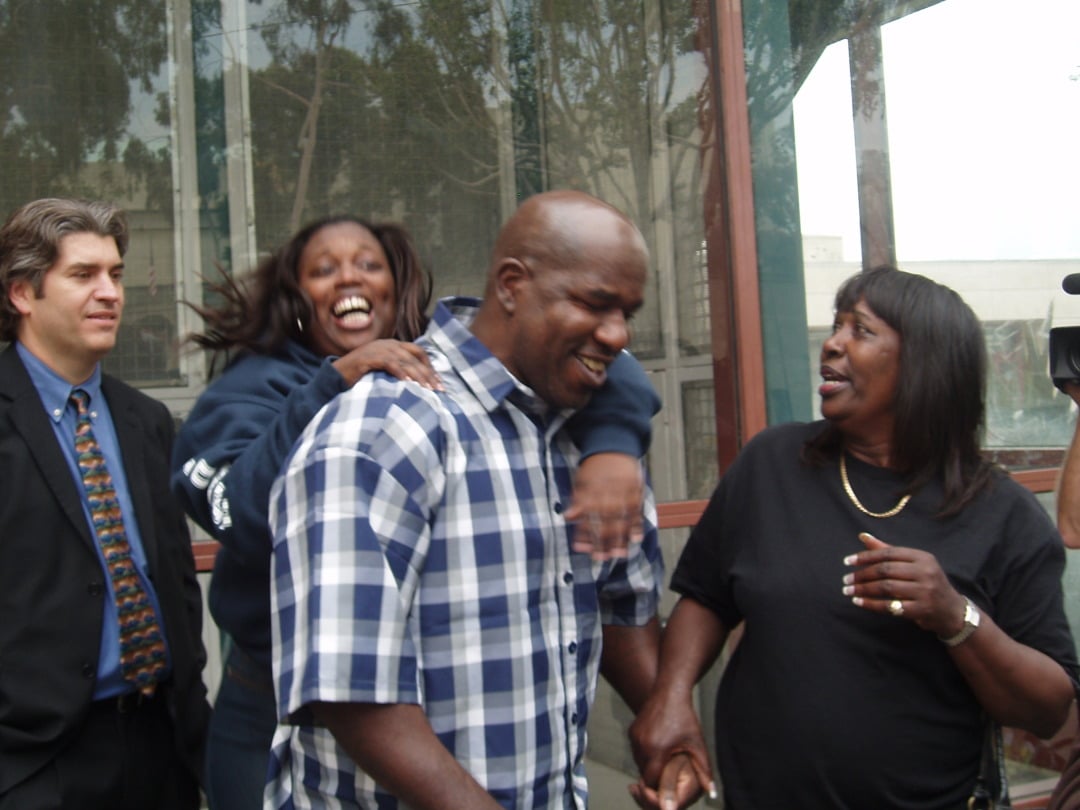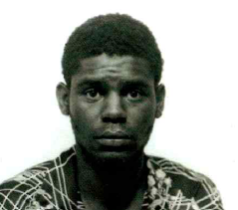By Alison Newman
Since 1989, over 3,600 people in the United States have been exonerated, together losing more than 32,750 years of freedom to wrongful imprisonment. The Innocence Center has freed over 40 people who collectively served more than 560 years for crimes they didn’t commit. While these numbers highlight the extent of the injustices, the struggle doesn’t end with their release.
Unlike parolees, exonerees often leave prison with nothing. No identification, no money, no job, no caseworker, and no housing. They face stigma and suspicion, even after being proven innocent. Many struggle with mental health trauma such as post-traumatic stress disorder, depression, anxiety, or grief. It is often difficult to find jobs, with employment discrimination relating to résumé gaps, unclear criminal records, or doubts of innocence.
After release, exonerated individuals often struggle to re-enter daily life, beginning with the challenge of obtaining basic identification. Many need birth certificates, Social Security cards, and identification that can take many months to obtain. They may struggle with financial instability due to a lack of savings and a poor credit history, often returning with debts. Exonerees are also not eligible for transitional housing, which forces many to become homeless or have an unstable living situation. In some cases, exonerees might walk free with no support, which leads to a hard road back to a normal life. Even when states provide financial compensation, it is often delayed for months or even years. In many states, exonerees never receive any compensation, leaving many struggling in the most crucial period after release.
Along with the material challenges, the emotional toll of their wrongful imprisonment is equally devastating. Many exonerees describe feeling numb, angry, or overwhelmed by the very freedom for which they fought. Access to therapy is low, which can result in worsening pain. Many people struggle to trust others and institutions to seek help, as they may feel re-traumatized.
Exonerees value a support system, which is essential in helping them navigate through this transition. Peer mentorship can be extremely beneficial, where exonerees can help other exonerees normalize struggles and reduce stigmas. Reentry affects not only the individual but also family and friends. Focusing on family and friend reunification could be beneficial to building a stronger support system. Accessible community resources are key to supporting a successful transition. Trauma-informed care, financial literacy, and housing assistance are all very beneficial for making reintegration possible.
Although numerous resources are available, significant work remains to be done to achieve meaningful change. Each exoneree deserves a dedicated case manager to guide reentry; this will not only reduce stress but also ensure that people receive the help they deserve. Therapy should be built into reentry programs, especially with clinicians trained in trauma care. Partnering with corporations to create direct pathways to stable jobs, alongside building financial literacy programs, is essential for credit building, debt relief, and access to benefits. With this in mind, having a centralized resource guide can pull all this information together, allowing exonerees to connect with critical services. All services should be trauma-informed and grounded in restorative justice, recognizing the harm done and focusing on the pathway to repair.
All of these resources are extremely important because freedom without support is not true justice. Exonerees deserve restoration, dignity, and a fair chance to rebuild their lives. The Innocence Center’s work is not just about exoneration, but about healing, advocacy, and creating a future where wrongful convictions are prevented altogether. This requires strong policy advocacy, like changing state laws to guarantee fair compensation, increase access to services, and prevent wrongful convictions from occurring in the first place.
The first step we can all take is to stand unwaveringly with exonerees. The support of trauma-informed and restorative reentry programs must happen. We can demand policy reforms that compensate, not abandon, the wrongfully convicted. Lastly, justice does not end at the prison gates; it begins again with freedom.
Alison Newman is a sophomore at Oregon State University and interned with the Innocence Center in the Summer of 2025. During her internship, she contributed to building a list of resources to support individuals who have been freed or exonerated after being wrongfully convicted.











